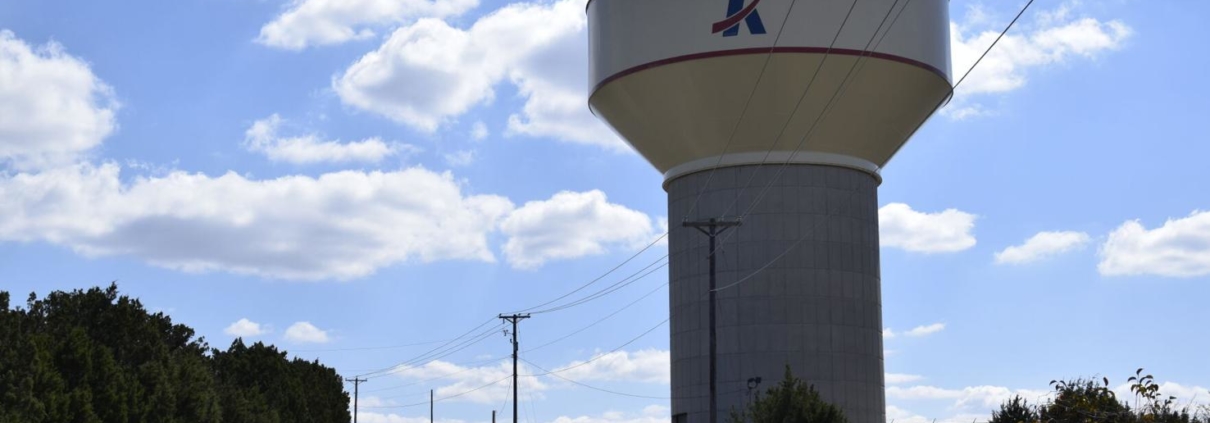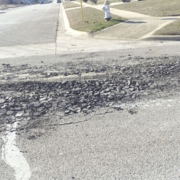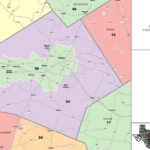In Wake Of Killeen Boil-Water Order, Disinfection Process For The Entire Area To Change
Lauren Dodd | Herald
The drinking-water supplier for Killeen, Harker Heights, Fort Hood, Copperas Cove, and other areas will switch disinfection processes for a month starting today, customers may notice a “bleach” smell, officials say.
In a news release Thursday afternoon, Bell County Water Improvement and Control District No. 1 General Manager Ricky Garrett said the entity will “temporarily convert the disinfectant in its water treatment process from chloramines to free chlorine” beginning Thursday following the advice of state officials.
The change affects WCID-1 water customers including the cities of Belton, Copperas Cove, Harker Heights, Killeen, Nolanville, 439 Water Supply Corporation, and the Fort Hood Military Reservation.
The change in the disinfection process is due to low chlorine levels in Killeen’s water supply, which was detected this week, causing a citywide boil-water notice that went into effect Tuesday evening, and was still in effect as of late Thursday. No other cities have boil-water order.
The disinfectant conversion, from the combination of ammonia and chlorine to just “free chlorine,” Garrett said, will last until Nov. 22.
“During this period, you may experience taste and odor changes associated with the type of temporary disinfectant conversion,” according to the news release.
After a review of data from area cities, Garrett said the Texas Commission on Environmental Quality “optimization experts” concluded that “nitrification” is likely occurring within parts of the system, particularly in Killeen.
“Nitrification is a biological action that results in depleted disinfection levels if not addressed,” Garrett said. “Bacteria that cause nitrification are not harmful, but the depleted disinfectant residuals leave the system vulnerable for other types of bacteria that could be harmful.”
TCEQ experts advised WCID-1 to begin using only chlorine as the treatment disinfectant rather than the chlorine-ammonia combination currently in place, WCID-1 officials said.
“To facilitate recovery of our entire system, WCID 1 is compelled to take this step,” he said. “Each customer should view this as an opportunity for a “deep cleaning”. By deep cycling the tanks and strategically flushing to move the free chlorine water throughout the system, any biofilm that may be present will be addressed.”
Garrett said before 1980 surface water systems regularly used free chlorine only for disinfection.
“It was only after science showed that chlorine combined with some organics (chlorine by products) could cause health effects, was ammonia added to the disinfectant process to form chloramines,” he said.
According to the Environmental Protection Agency, nitrification, as TCEQ cited to be a factor at WCID-1, is a biological process that converts ammonia to nitrite and nitrite to nitrate.
High levels of nitrate in drinking water, according to the Centers for Disease Control and Prevention, can be dangerous to health, especially for infants and pregnant women.
WCID-1’s statement comes after Killeen residents and businesses have been without potable drinking water, due to the citywide boil-water notice, since Tuesday. Read the boil-water notice here: https://bit.ly/3m2CXG9.
Garrett said the soonest the Killeen boil-water order could be lifted would be 48 hours from the time the chlorine residuals rise above the state-required minimum of 0.2 milligrams per liter for free chlorine.












Leave a Reply
Want to join the discussion?Feel free to contribute!